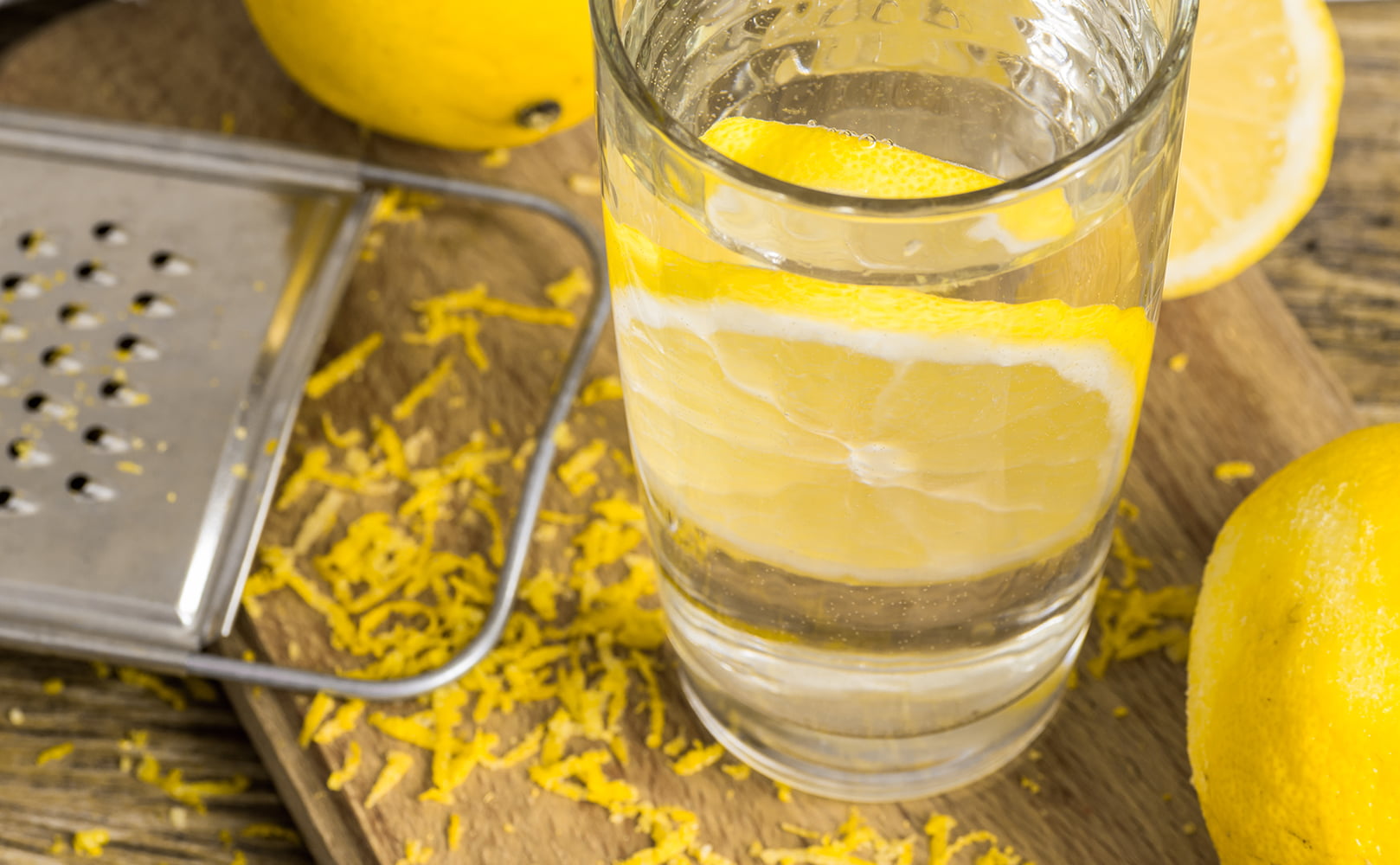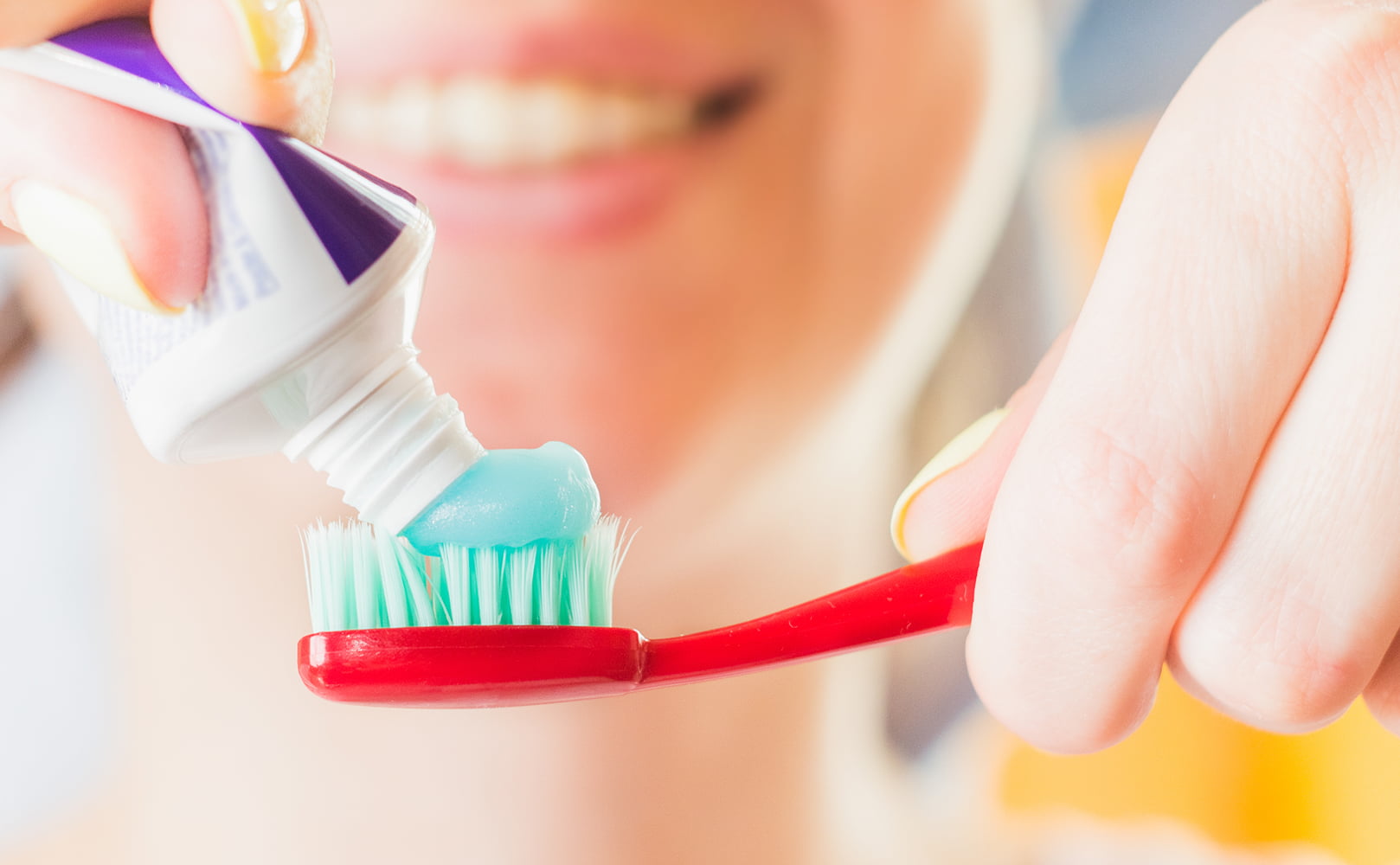Does Lemon Remove Fluoride from Water? Find Out Here!
Written by: Gene Fitzgerald // Last Updated: Oct 12, 2022
This page may contain affiliate links. If you buy a product or service through such a link we earn a commission at no extra cost to you. Learn more.
Fluoride is considered to have potentially harmful side effects, so consuming it in large quantities should be avoided.
As expected, many of us are concerned about fluoride levels in drinking water and looking for safe and effective ways to filter fluoride out.
Occasionally, we use natural treatments like lemon. However, does lemon remove the fluoride from our drinking water, or is it just a myth? Let’s find out!
Key Takeaways
- Lemon does not remove fluoride from drinking water.
- The only methods that remove fluoride from water are reverse osmosis, activated alumina, distillation, and bone char filtration.
Does Lemon Remove Fluoride from Water?
The answer is no. Lemon juice or lemon jest do not remove fluoride from water before or after we drink it. That said, the leaves of the lemon tree can help against fluoride.
A study suggests that when lemon leaves undergo a specific process, they absorb up to 70% fluoride in water. Yet, even though this is fantastic news, these ground-up leaves are not available everywhere.
To sum up, until today, no concrete evidence or research supports that lemon juice or rind can remove fluoride from water, even if there are plenty of positives to be found when adding lemon to the water we consume.
Benefits of Adding Lemon to Water
- Lemon is a fruit rich in vitamin C, which boosts the immune system and significantly helps bone development.
- Besides, vitamin C can flush toxins out of our bodies. In 2009, a study was carried out where children that were given 750 mg of vitamin C per day showed an increase in the levels of fluoride excreted via urine. This suggests that consuming vitamin C helps our bodies flush out fluoride.
- Being an antioxidant, vitamin C may also help reverse osteoporosis.
- Last but not least, let’s not forget that adding lemon to water improves its flavor, increasing the likelihood of us drinking it on a regular basis and helping us stay hydrated. Also, the acid in lemon helps break down food, improving digestion. As we age, stomach acid levels decline, so drinking lemon water boosts our digestive system.
What to Use Instead to Remove Fluoride from Water
As we’ve shown above, adding lemon to water does not remove fluoride. However, a water filter can be used to minimize fluoride levels. Yet, don’t rush when choosing a water filter since not all of them are capable of removing the salt.
So far, only four water filtration methods can remove fluoride altogether. Next time you go shopping, keep a mental note of this list!
1. AA (Activated Alumina)
One of the most common water treatment methods, activated alumina, uses aluminum hydroxide in order to minimize the presence of fluoride salts in water. However, how successful your alumina filtration is depends a lot on the tap water’s pH. To remove fluoride, you’d want a pH level of 5 to 6 ideally.
2. RO (Reverse Osmosis)
Even though many argue about it, reverse osmosis does remove fluoride from tap water. The water passes through a semipermeable membrane where over 90% of fluoride gets rejected. Besides fluoride, reverse osmosis helps remove many more water contaminants, heavy metals included.
3. Bone Char
Bone char filter media, built from the bones of animals, is another great and viable water filtration method that reduces fluoride.
4. Distilling Water
Distilling water (look out for steam distillation) can be a reliable water purification method and removes almost every possible contaminant from drinking water, turning it pure and wholesome. Hence, water distillers can remove fluoride, too!
Other Remedies for Reducing Your Fluoride Exposure at Home
Apart from using water filters, there are other ways to reduce fluoride exposure at home.
- Regulate your salt use. Sea salt has been reported to contain a generous amount of fluoride.
- Drink less tea and coffee since almost all green and black teas and coffee are high in fluoride.
- Consider switching to fluoride-free toothpaste (after consulting your dentist).
- Stay clear from Teflon-coated cookware because Teflon contains fluoride.
- Avoid medications that contain fluoride when you can. If your doctor prescribes you such a medicine, ask for a fluoride-free alternative.
- Invest in organic foods and eat less processed goods. Most insecticides and pesticides used in agriculture contain fluoride. At the same time, every step of the food processing process increases fluoride concentration, mainly because of the use of salt or fluoridated water. Additionally, many companies use fluoride as a preservative, which is something to also keep in mind.
Why Avoid Too Much Fluoride in Water
The thing with fluoride is that too much of it causes discoloration of teeth, known as dental fluorosis. On top of this, consuming too much fluoride can have other negative effects, such as skeletal weakness (when it builds up in the bones), high blood pressure, acne, and even seizures.
What’s more, too much fluoride has been shown to cause thyroid problems. Fluoride interacts with the thyroid gland, decreasing the concentration of both T3 and T4 hormones and increasing TSH levels. As such, one result of high fluoride exposure is hypothyroidism, where the whole function and activity of our thyroid gland are suppressed and underperforming.
Too much fluoride can also cause neurological problems. Studies have revealed that continuous exposure to it can affect your nervous system without previous physical malformations. Fluoride is said to play a negative role in your cognitive processes, causing memory loss or even Alzheimer’s.
As a side note, remember that our bodies absorb only half of our fluoride intake since the rest is flushed out through urine.
How Does Fluoride Enter Our Water Supplies Anyway?
Municipalities add fluoride, or more specifically, a fluoridated compound, to water supplies to reduce tooth decay and prevent cavities. This is normal and makes sense since tap water fluoridation has been shown to reduce cavities in children.
But, when it comes to adults, fluoride deficiency is not clear. Some European countries have noticed that their citizens have found no benefit in water fluoridation compared to toothpaste. This notion is backed up by studies showing that water fluoridation might not be needed in developed countries, considering that topical fluorides are used extensively.
If you have any thoughts about the question, does lemon remove fluoride from water, please don’t hesitate to leave a comment below!
Information provided on BOS is for educational purposes only. The products and services we review may not be right for your individual circumstances.
We adhere to strict editorial guidelines. Rest assured, the opinions expressed have not been provided, reviewed, or otherwise endorsed by our partners – they are unbiased, independent, and the author’s alone. Our licensed experts fact-check all content for accuracy. It is accurate as of the date posted and to the best of our knowledge.



